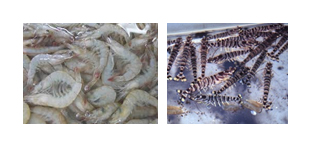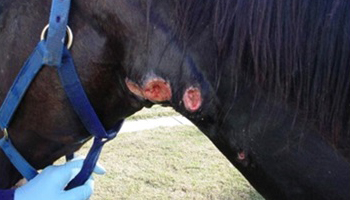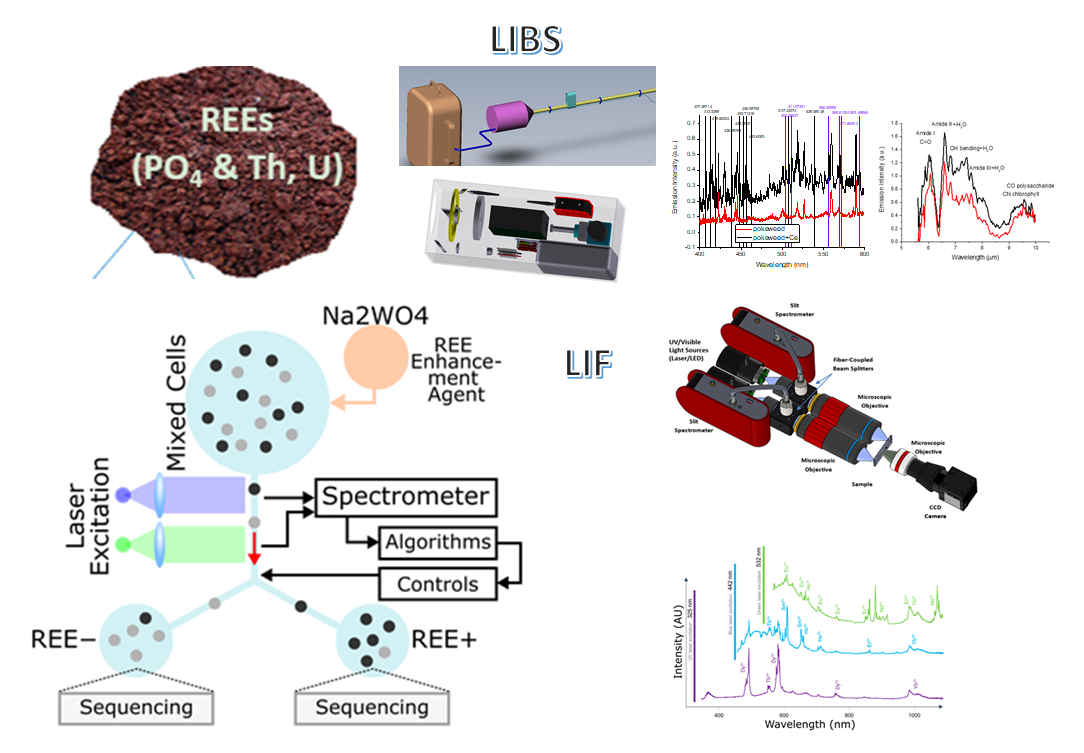Agricultural Biocontrol Applications
The increase of Antimicrobial Resistant (AMR) bacteria combines with the call from consumers for safer, antibiotic-free food products, is resulting in regulations restricting the use of antibiotics as growth promoters. This presents problems that threaten sustainable agriculture.
Bacteriophages (phages) and lytic enzymes are proposed as bacterial bio-control alternatives to antibiotics. Their unique properties make them highly promising but challenging antimicrobials. The BTC team has numerous agriculture based projects, including environmental bio-control as well as control of specific bacteria in food production and animal safety. From Clostridium perfringens to salmonella and listeria, the BTC team is developing specific phage and lytic enzymes for numerous applications.
For more information contact:
Dr. Yingyun Liu
Brimrose Technology Corporation
410-472-7070
Food Biocontrol
Bacterial Infection of Fish
Bacteria Infecting Shrimp
Mastitis Treatment and Prevention
Control Swine and Poultry Disease and As a Feed Additive
Control Plant Disease
Animal Safety
Bacteriophage to Treat Pseudomonas Aeruginosa Infection on Ear
Strangles in Horses
Infections of Working Dogs
Environmental Biocontrol
Controlling MRSA and Spores on Surfaces
Bacteria (SRB) in Fuel Storage Bladders
Burkholderia Control
Biomining
Environmentally Friendly Technology to Mine REEs
BTC has received federal contracts from DARPA to develop a new technological method to advance the biomining process to rapidly locate, identify and sort out rare earth elements (REEs), a group of 17 chemical elements that are essential for modern electronics and defense systems such as cell phones, computer hard drives, electric and hybrid vehicles and flat-screen monitors and televisions.
The successful use of this method would help the United States be less dependent on China, which controls 90%+ of the REE market, as well as allow us to rapidly search for REEs on the Mars and other planetary bodies without the need for the intense energy and harsh chemicals currently used.
Biomining is an environmentally friendly and energy efficient way of extracting useful elements by using microbes to break down rocks to make soil or provide nutrients.
We are proposing a new, high-throughput screening method using optical technologies such as laser induced breakdown spectroscopy (LIBS) and Laser-Induced Fluorescence (LIF) to drive the next generation of REE bio-identification and processing.
Complex media, such as REEs containing soils, hold a wide array of heterogeneity across which many microbes can form colonies that may be more or less efficient at REE uptake. High-throughput REE screening methods may enable new microbial species to be identified, driving the next-generation biomining techniques, proteins, and chemistries for improved REE processing.













